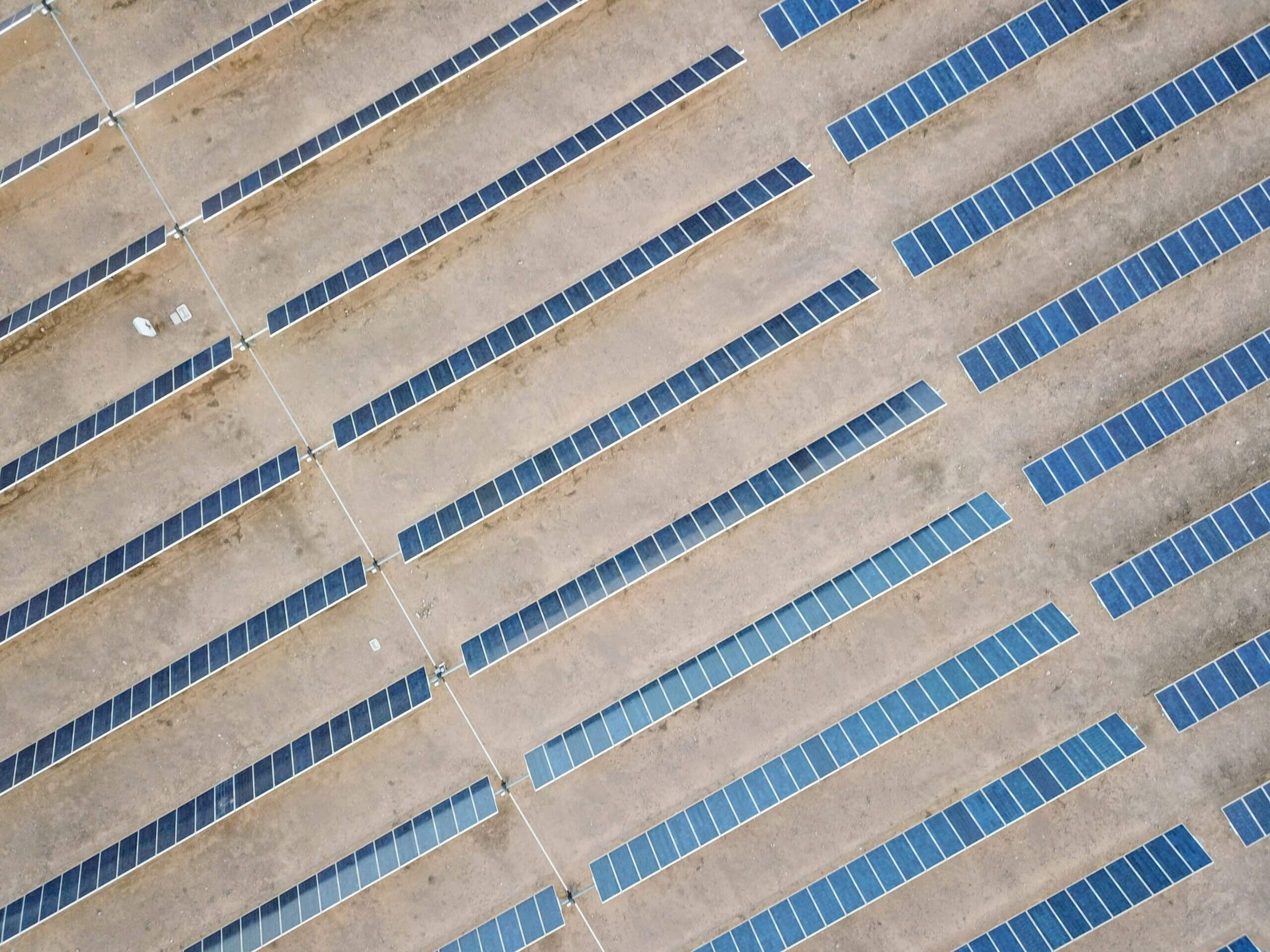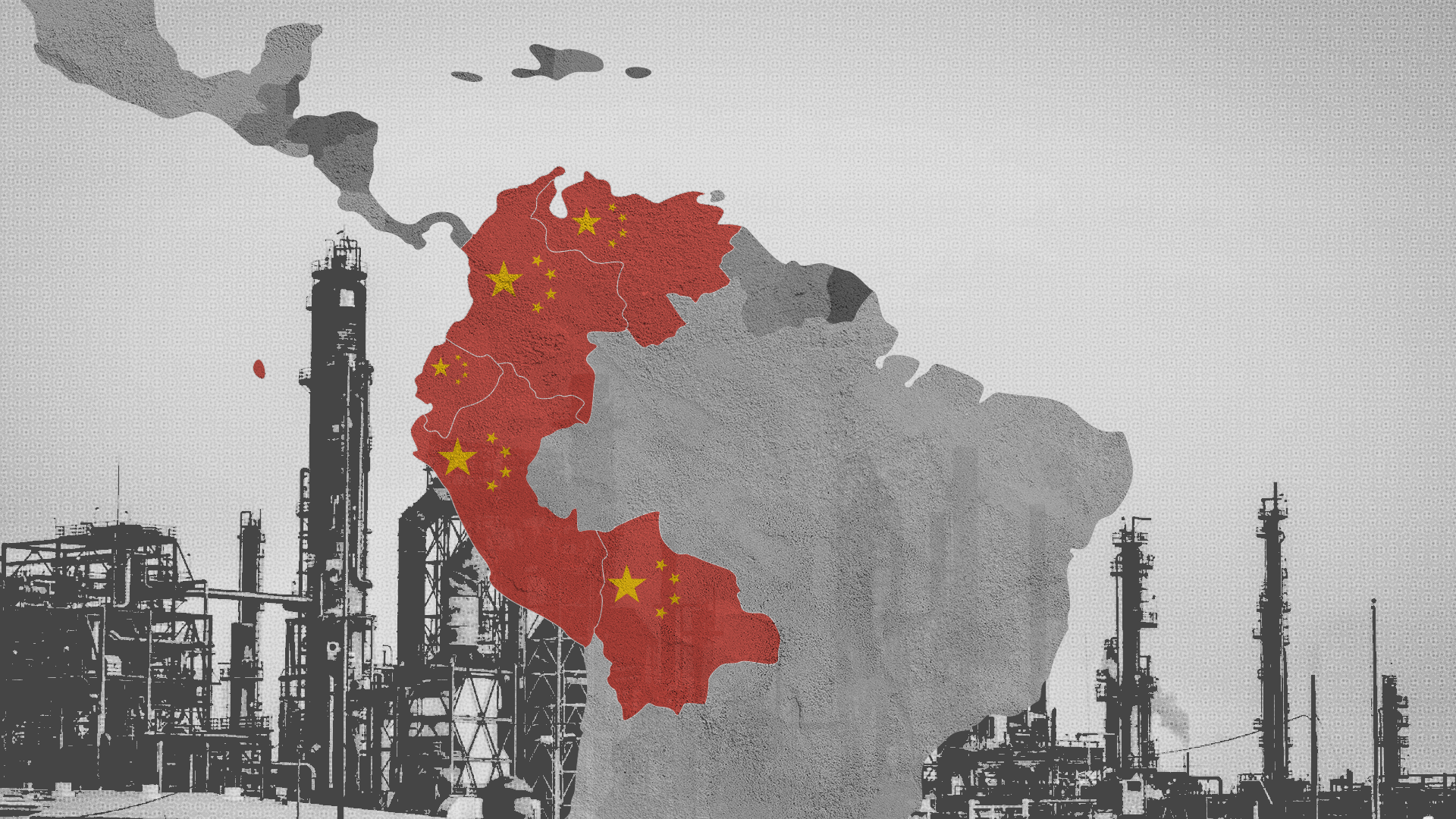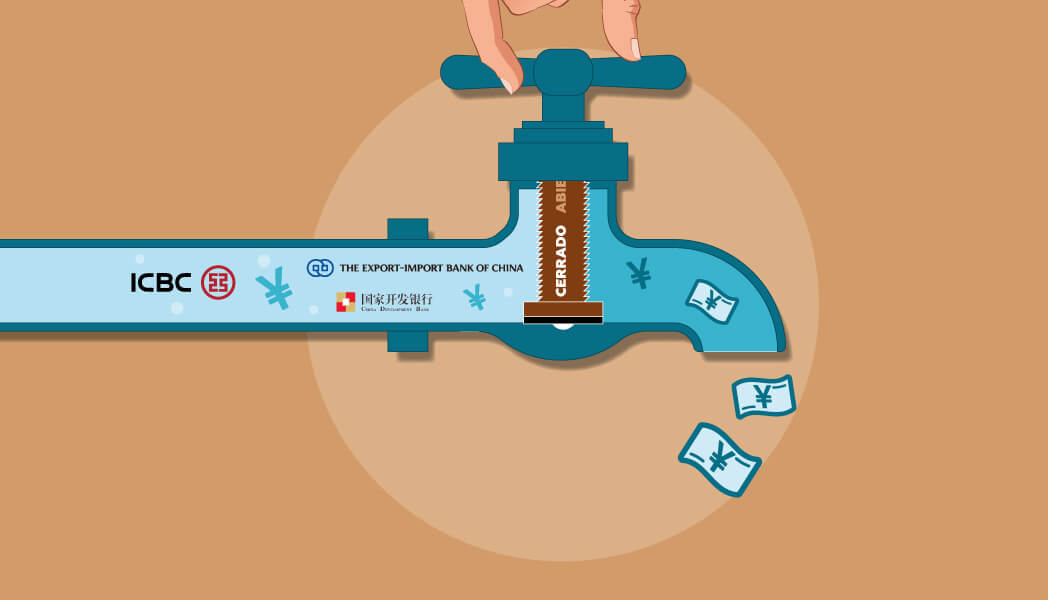



Despite strong participation, the 4th China-CELAC Forum exposed Latin America’s diplomatic weakness and China’s narrative dominance. This article reviews Colombia’s BRI move, Beijing’s messaging, and regional disparities in foreign policy strategy.
Fentanyl trafficking positions Latin America as a key hub in the global supply chain, linking Chinese precursors to expanding regional criminal networks.
Last Friday, June 6, 2025, the Chinese company Communications Construction Company Limited began construction of a solar plant in Nicaragua.
The purpose of this study is to identify and track projects undertaken by major Chinese state-owned holdings in five Andean countries of South America: Bolivia, Colombia, Ecuador, Peru, and Venezuela, from 2000 to 2023. Nine state-owned holdings were selected based on their significant and extensive involvement in project implementation in these countries, and their clear alignment with the People’s Republic of China’s (PRC) economic and political strategy in the region.
EDITORIALS View all →

REPORTING & RESEARCH View all →



NEWS View all →


| Cookie | Duration | Description |
|---|---|---|
| cookielawinfo-checkbox-analytics | 11 months | This cookie is set by GDPR Cookie Consent plugin. The cookie is used to store the user consent for the cookies in the category "Analytics". |
| cookielawinfo-checkbox-functional | 11 months | The cookie is set by GDPR cookie consent to record the user consent for the cookies in the category "Functional". |
| cookielawinfo-checkbox-necessary | 11 months | This cookie is set by GDPR Cookie Consent plugin. The cookies is used to store the user consent for the cookies in the category "Necessary". |
| cookielawinfo-checkbox-others | 11 months | This cookie is set by GDPR Cookie Consent plugin. The cookie is used to store the user consent for the cookies in the category "Other. |
| cookielawinfo-checkbox-performance | 11 months | This cookie is set by GDPR Cookie Consent plugin. The cookie is used to store the user consent for the cookies in the category "Performance". |
| viewed_cookie_policy | 11 months | The cookie is set by the GDPR Cookie Consent plugin and is used to store whether or not user has consented to the use of cookies. It does not store any personal data. |